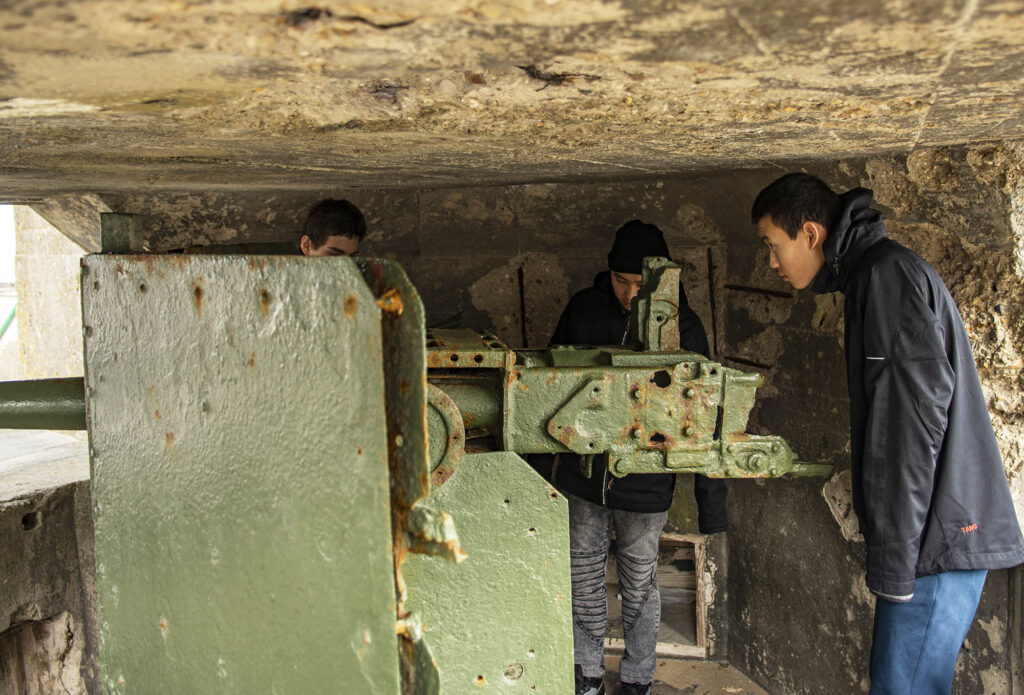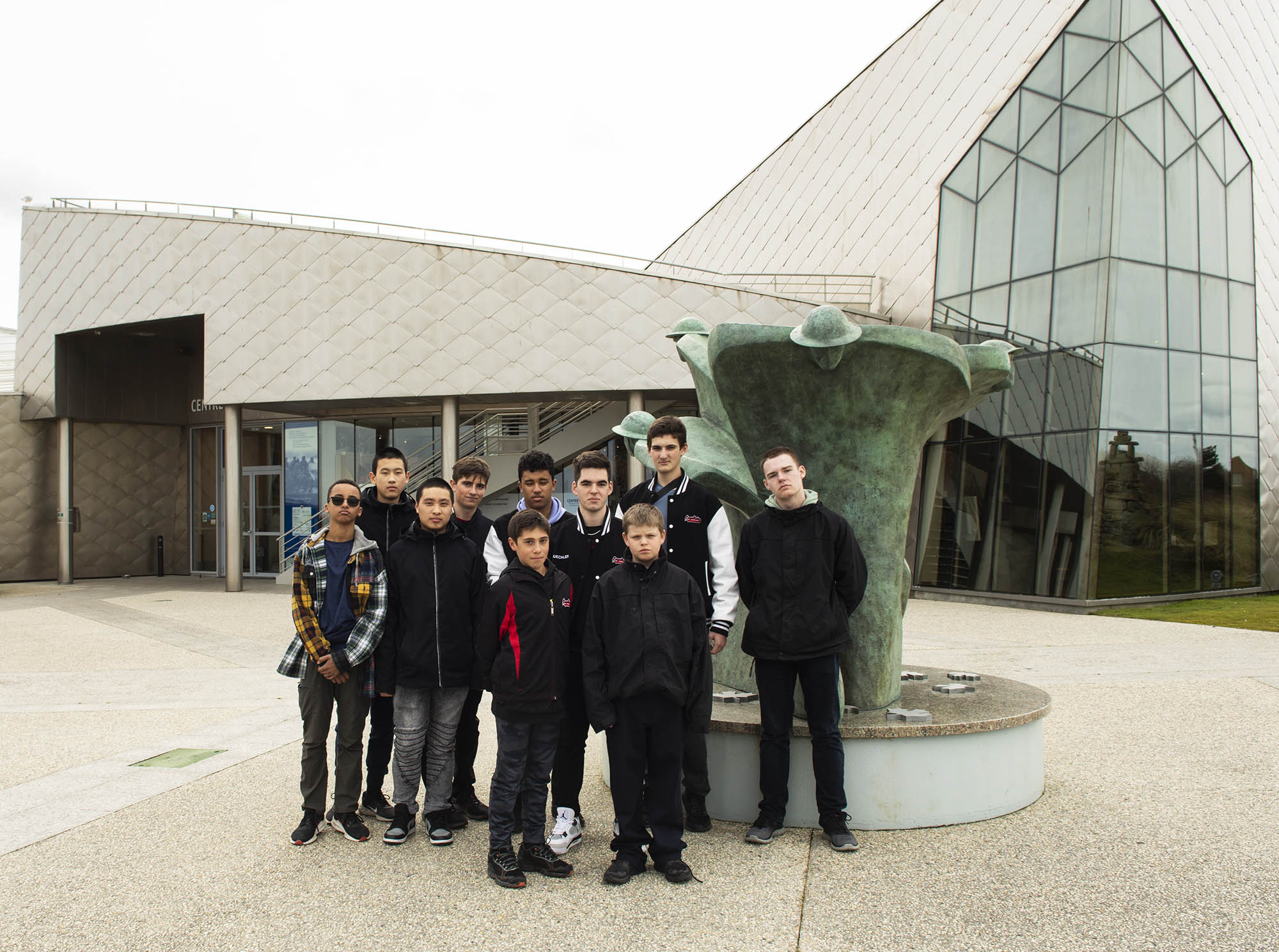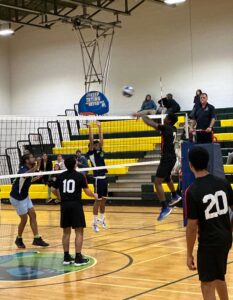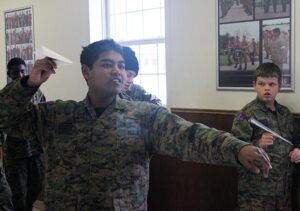For the ten students currently visiting France for a trip researching into Canada’s contributions to both World War 1 and World War 2, Tuesday, March 14, and Wednesday, March 15, were days of discovery surrounding some of the actions of Canadian soldiers during the second World War.
On Tuesday, the group visited Dieppe, the site of a failed raid on a coastal port town in France on August 19, 1942. Close to 5,000 Canadian soldiers took part in the raid which took the lives of 916 soldiers, 1950 were taken prisoner.
Dieppe was also the highest number of single day losses in aircraft as 119 warplanes were shot down during the air battle over the landings.
“I was mostly interested in learning about the pilots in this battle,” Cdt. Raymond Zhang said. “I have an interest in the Canadian Forces and hope to become a fighter pilot.”
Though the raid was considered a failure, many believe that the day helped to teach the Allies valuable lessons that would lead to the successful invasion of Europe.
Later in the afternoon on Tuesday, the group travelled to Normandy and began by learning about 1st Canadian Parachute Battalion’s mission before the start of the D-Day landings on June 6, 1944.

Jumping behind enemy lines they had missions that would help stop the Germans from sending supplies and reinforcements to the beaches.
“It’s so important that we remember them and their sacrifice’s,” said Cdt. Calvin Barry.
On Wednesday, the tour proceeded to the Juno Beach and explored all parts of Juno Beach where Canadian Battalions landed on D-Day and proceeded with their mission.
Over 14,000 Canadian troops took part in Operation Overlord on June 6, 1944. The assault on Fortress Europe signaled the beginning of the end for Germany, the war would be over less than a year later.
“The allied forces landed on the beach and took many casualties,” MBar. Dante Antoni said. “Many people passed away that day trying to help us keep our freedom.”
Antoni reflected on what he was feeling as the group was visiting a cemetery with Canadian soldiers from D-Day buried there.
“I felt kind of sad as I was reading all these names,” he said. “I was saddened as I looked at rows and rows of the headstones, I felt that it didn’t have to be this way, but, when it started, these people did what they did and now, I have my freedom because of them.”
“The world would be a lot different if they hadn’t done what they did,” he said.





